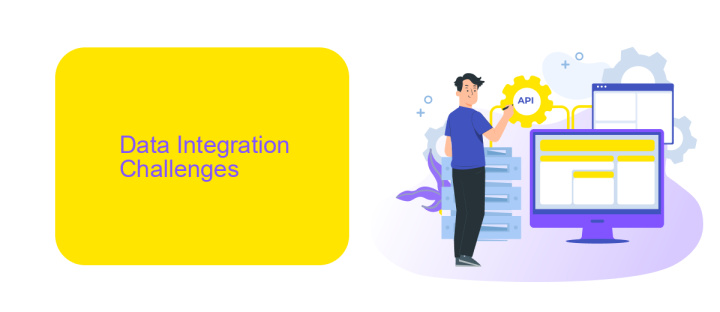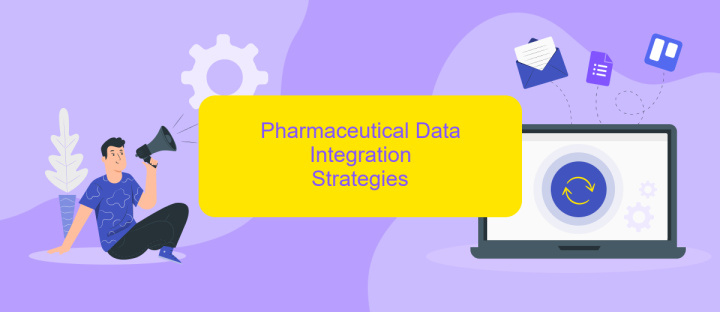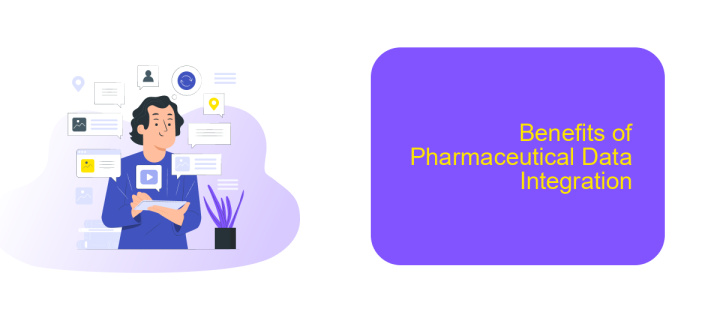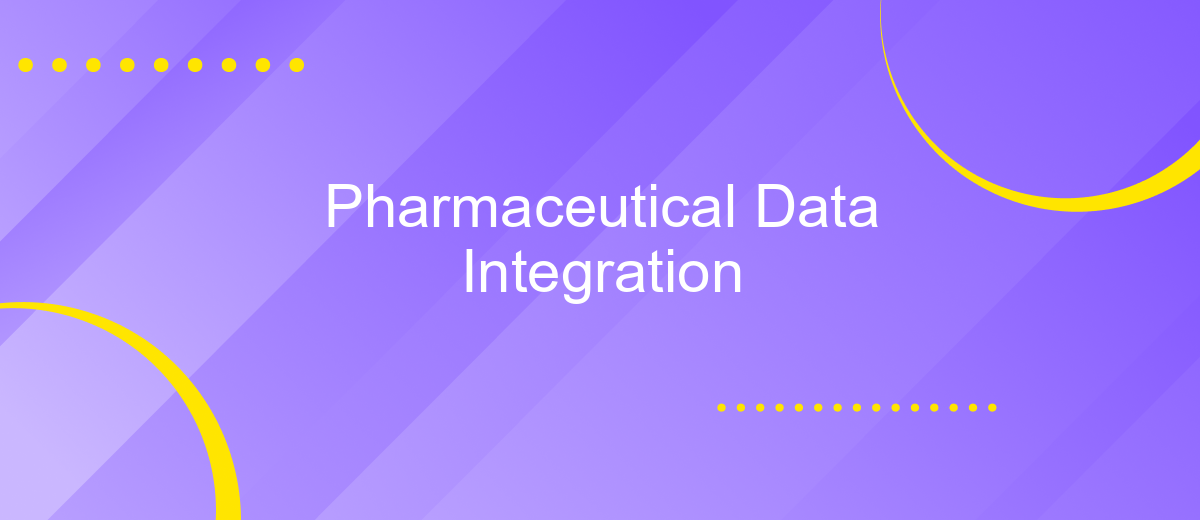Pharmaceutical Data Integration
Pharmaceutical data integration is a transformative approach that enables seamless access, analysis, and utilization of diverse datasets within the pharmaceutical industry. By integrating clinical, operational, and real-world data, this strategy enhances drug development, regulatory compliance, and patient outcomes. Embracing advanced technologies and data standards, pharmaceutical data integration fosters innovation, efficiency, and informed decision-making, ultimately driving the industry toward a more data-driven future.
Introduction
In the rapidly evolving pharmaceutical industry, the integration of diverse data sources has become crucial for enhancing research, development, and clinical practices. Efficient data integration enables pharmaceutical companies to streamline operations, improve decision-making, and accelerate the drug development process. However, the complexity and volume of data present significant challenges.
- Combining data from various sources such as clinical trials, patient records, and laboratory results
- Ensuring data accuracy and consistency across different platforms
- Maintaining data privacy and compliance with regulatory standards
To address these challenges, innovative solutions like ApiX-Drive offer automated data integration services, simplifying the process of connecting disparate systems. By leveraging such tools, pharmaceutical companies can achieve seamless data flow, reduce manual errors, and focus more on their core activities. As a result, the integration of pharmaceutical data not only enhances operational efficiency but also contributes to improved patient outcomes and faster time-to-market for new drugs.
Data Integration Challenges

Integrating pharmaceutical data from various sources poses significant challenges due to the diversity and complexity of data formats, standards, and systems. Different stakeholders, including researchers, healthcare providers, and regulatory bodies, often use disparate systems that are not inherently compatible. This lack of standardization can lead to data silos, making it difficult to achieve a unified view of information. Additionally, ensuring data quality and consistency across these varied sources is a daunting task, as discrepancies and errors can easily arise during the integration process.
Moreover, the integration process must also address issues related to data security and privacy, especially given the sensitive nature of pharmaceutical data. Compliance with regulations such as GDPR and HIPAA adds an extra layer of complexity. Tools like ApiX-Drive can be instrumental in overcoming these challenges by offering seamless integration solutions that connect various data sources and automate workflows. ApiX-Drive's platform supports a wide range of applications and systems, ensuring that data is accurately synchronized and securely managed, thereby facilitating more efficient and reliable data integration in the pharmaceutical sector.
Pharmaceutical Data Integration Strategies

Effective pharmaceutical data integration is crucial for ensuring seamless operations and enhanced decision-making. By integrating diverse data sources, pharmaceutical companies can achieve a comprehensive view of their data, leading to improved research and development outcomes.
1. **Data Standardization**: Ensuring that data from various sources conforms to a standardized format is essential. This includes harmonizing data definitions, units, and formats.
2. **API Integration**: Utilizing APIs to connect different systems can streamline data flow. Services like ApiX-Drive facilitate this process by offering user-friendly tools for API integration.
3. **Data Warehousing**: Consolidating data into a centralized data warehouse allows for efficient querying and analysis. This can be achieved through robust ETL (extract, transform, load) processes.
4. **Data Governance**: Implementing strong data governance policies ensures data quality, security, and compliance with regulatory standards.
By adopting these strategies, pharmaceutical companies can enhance their data integration efforts, leading to more accurate insights and better decision-making. Tools like ApiX-Drive play a significant role in simplifying API integrations, making the entire process more efficient and less time-consuming.
Benefits of Pharmaceutical Data Integration

Pharmaceutical data integration offers numerous benefits that enhance the efficiency and effectiveness of the industry. By consolidating disparate data sources, companies can achieve a holistic view of their operations, leading to more informed decision-making processes.
One of the primary advantages is the improvement in data accuracy and consistency. When data from various departments such as research, production, and sales are integrated, it minimizes discrepancies and errors. This integration also facilitates compliance with regulatory requirements by ensuring all necessary data is readily available and up-to-date.
- Enhanced data accuracy and consistency
- Streamlined regulatory compliance
- Improved decision-making processes
- Increased operational efficiency
Services like ApiX-Drive can significantly simplify the process of pharmaceutical data integration. By automating the data flow between different systems and applications, ApiX-Drive reduces the manual effort required, allowing teams to focus on more strategic tasks. This ultimately leads to better resource allocation and faster time-to-market for new products.


Conclusion
Pharmaceutical data integration is crucial for enhancing the efficiency and accuracy of drug development, clinical trials, and patient care. By consolidating disparate data sources, organizations can achieve a more comprehensive understanding of patient outcomes, streamline regulatory compliance, and foster innovation. Effective integration allows for real-time data sharing, improved decision-making, and reduced operational costs, ultimately leading to better healthcare solutions.
Implementing robust integration solutions, such as ApiX-Drive, can significantly simplify the process of connecting various data systems within the pharmaceutical industry. ApiX-Drive offers a user-friendly platform that enables seamless data synchronization across multiple applications without requiring extensive technical expertise. This facilitates a more agile and responsive data management strategy, ensuring that critical information is readily accessible when needed. As the industry continues to evolve, embracing advanced integration technologies will be essential for maintaining competitiveness and driving future advancements in pharmaceutical research and development.
FAQ
What is Pharmaceutical Data Integration?
Why is data integration important in the pharmaceutical industry?
What are the common challenges faced in Pharmaceutical Data Integration?
How can automation improve Pharmaceutical Data Integration?
What steps are involved in integrating pharmaceutical data?
Time is the most valuable resource for business today. Almost half of it is wasted on routine tasks. Your employees are constantly forced to perform monotonous tasks that are difficult to classify as important and specialized. You can leave everything as it is by hiring additional employees, or you can automate most of the business processes using the ApiX-Drive online connector to get rid of unnecessary time and money expenses once and for all. The choice is yours!

